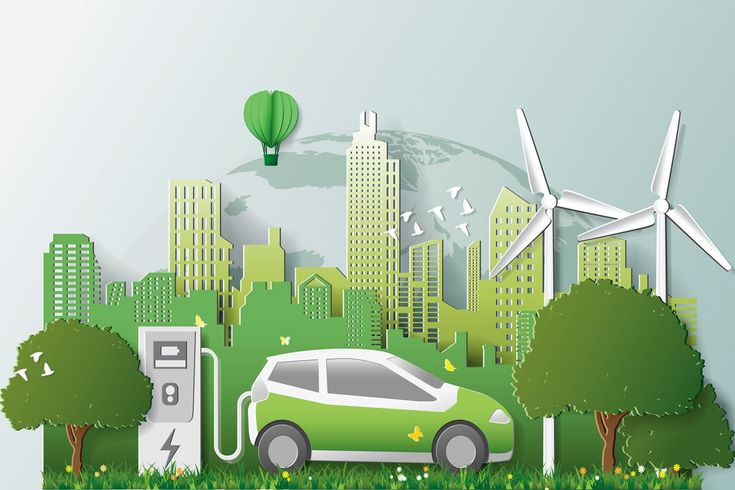In recent years, the automotive industry has been experiencing a revolution. With rising environmental concerns and the push towards sustainable transportation, Hybrid Electric Vehicles (HEVs) have emerged as a promising bridge between traditional fuel vehicles and fully electric cars. But what exactly are hybrid vehicles, and how do Indian and foreign manufacturers contribute to this evolving market? Let’s dive in!
Understanding Hybrid Electric Vehicles (HEVs)
A Hybrid Electric Vehicle (HEV) combines a conventional internal combustion engine (ICE) with an electric propulsion system.
The electric motor assists the engine, reducing fuel consumption and emissions while improving efficiency. Some hybrids can even operate solely on electric power for short distances.
Types of Hybrid Systems:
-
Mild Hybrid: The electric motor assists the engine but cannot power the vehicle independently.
-
Full Hybrid: The car can run on the engine, electric motor, or a combination of both.
-
Plug-in Hybrid (PHEV): Can be charged via an external source and drive longer distances on electric power alone.
Hybrid Vehicles in India 🇮🇳
India has been gradually embracing hybrid technology, balancing between affordability and sustainability. While fully electric vehicles (EVs) are growing, hybrids provide a smoother transition for Indian roads and charging infrastructure.
Popular Indian Hybrid Models:
-
Toyota Innova HyCross
-
A premium MPV with a strong hybrid system.
-
Impressive fuel efficiency and smooth city driving.
-
-
Toyota Urban Cruiser Hyryder
-
Developed with Maruti Suzuki.
-
Offers both mild-hybrid and strong hybrid variants.
-
-
Maruti Suzuki Grand Vitara Hybrid
-
A popular compact SUV with a full hybrid option.
-
High fuel economy, making it suitable for Indian conditions.
-
-
Honda City e:HEV
-
One of India’s first mainstream sedans with a strong hybrid system.
-
Known for its seamless drive and great mileage.
-
Why Indians Prefer Hybrids:
-
No dependency on charging stations.
-
Lower running costs than petrol/diesel vehicles.
-
Government incentives and lower taxes in some states.
Foreign Hybrid Vehicles 🌍
Global automakers have been pioneers in hybrid technology, offering advanced and performance-oriented hybrid vehicles across various segments.
Popular Foreign Hybrid Models:
-
Toyota Prius (Global Icon)
-
The world’s first mass-produced hybrid car.
-
Known for exceptional reliability and eco-friendliness.
-
-
Lexus RX Hybrid
-
Luxury SUV with hybrid powertrain.
-
Premium features combined with green technology.
-
-
Honda Accord Hybrid
-
Smooth performance with excellent fuel efficiency.
-
A favorite in many international markets.
-
-
Ford Escape Hybrid (Global Markets)
-
Practical and family-friendly SUV.
-
Good balance of space, economy, and features.
-
Advantages of Foreign Hybrids:
-
Advanced battery and powertrain technology.
-
Better regenerative braking systems.
-
Superior build quality and features.
The Future of Hybrids 🚗⚡
Hybrid vehicles offer an essential stepping stone towards full electrification, especially in countries like India, where EV infrastructure is still developing. Both Indian and foreign automakers are investing heavily in hybrid technology to meet the demand for cleaner mobility.
What to expect:
-
More affordable hybrid options in the coming years.
-
Technological advancements like extended electric-only range.
-
Integration of AI and smart energy management systems.
Conclusion
Hybrid electric vehicles are no longer a concept of the future — they are today’s practical solution for eco-conscious drivers. Whether it’s homegrown models from Indian manufacturers or advanced designs from foreign giants, hybrids offer a blend of performance, efficiency, and sustainability.
As technology evolves, hybrids will play a crucial role in shaping the future of mobility in India and worldwide.

